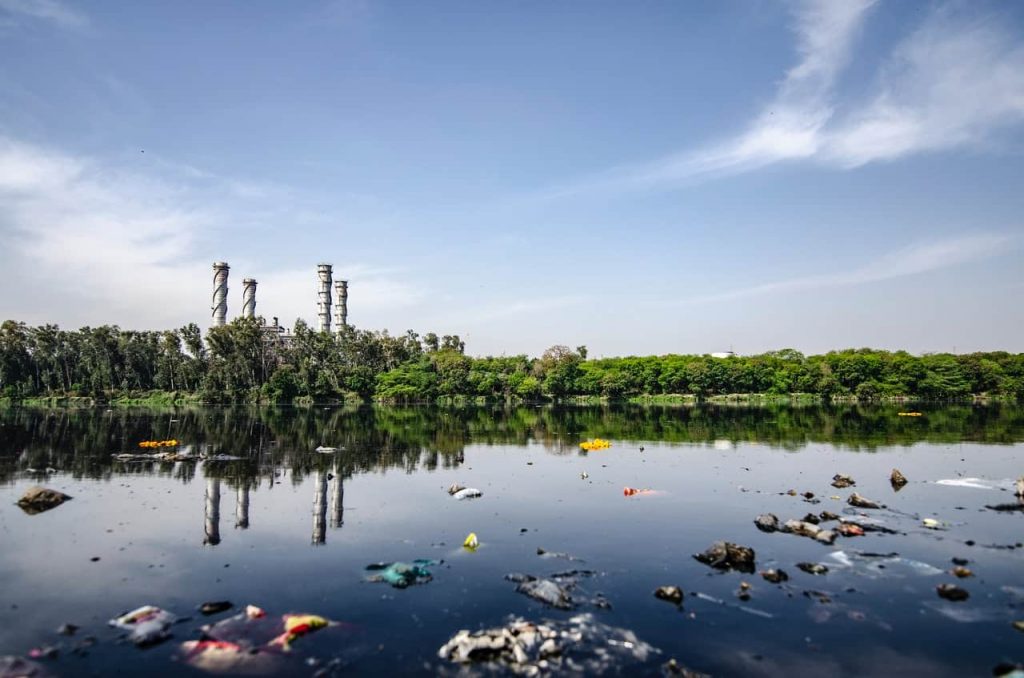Looking beyond the take-make-waste industrial model in most developing nations, a call for a circular economy constituting the 3Rs (Reduce, Reuse, and Recycle) to redefine growth focusing on less environmental hazard with economic benefits is crucial.
Recently, there has been a global shift in population growth which has led to higher demand for raw materials and natural resources. This high demand makes the environmental cost of generating virgin resources an all-time high.
A report by the world bank in 2012 revealed that over a decade ago, there were 2.9 billion urban residents who generated about 0.64 kg of MSW per person per day (0.68 billion tonnes per year), which has increased to about 3 billion residents generating 1.2 kg per person per day (1.3 billion tonnes per year).
The report further revealed that by 2025, the estimated figure will likely increase to 4.3 billion urban residents, with each generating about 1.42 kg per day of municipal solid waste (2.2 billion tonnes per year).
Going by this report, there will be increasing production of virgin materials at the detriment of the environment if the circular economy is not practiced. This pertains especially to developing nations where circularity is not yet observed as a new economic culture to adapt to climate-friendly trends.
Irrespective of economic status, practicing a circular economy is less costly in the long run because recycling a product costs less in finance and energy consumption than producing it from scratch.
This report on China’s cities states that applying circular economy principles at scale could make goods and services more affordable for citizens, make cities more livable, reduce emissions of fine particulate matter by 50%, emissions of greenhouse gases by 23%, and traffic congestion by 47% all by 2040.
Even energy-intensive sectors such as aluminum and steel could enjoy circular economy principles. The reports further say that per-unit emissions from the manufacture of metals would go down by more than one-third if recycling were to become an important part of how metals become available for use.
By turning these existing trends into core development strategies as recorded in developed countries like Japan, Scotland, and the Netherlands, developing countries like Nigeria could generate significant economic reserves and cut down on carbon emissions.
Yet, while developing countries must learn to do more and do it better, they have an opportunity to re-orient the “take-make-dispose” economic model towards a more circular paradigm of the 3Rs.
It is imperative to note that with all the benefits of the circularity model, the shift from the present linear economy will not be easy. However, if most developing countries like Nigeria could persevere, it will place the economy back on a path of gold that guarantees growth and sustainability.
